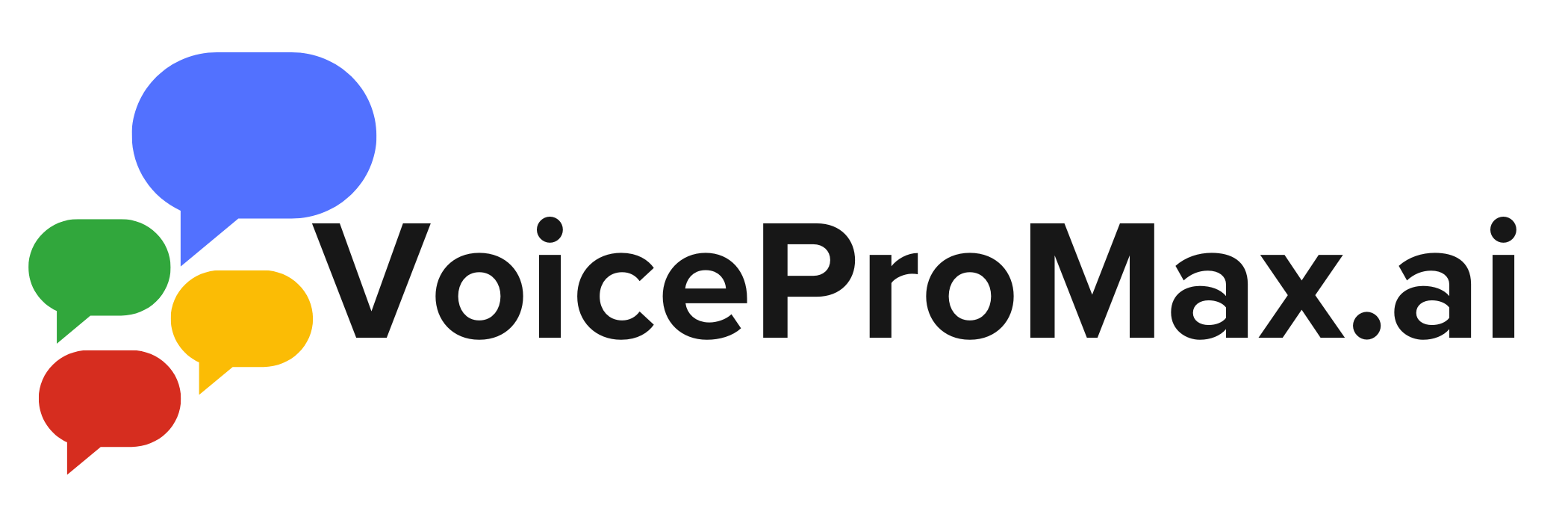AI Voice Cloning: A Bollywood Veteran’s Legal Battle and Its Implications
In a groundbreaking court case, a Bollywood singer has set a legal precedent that could have far-reaching implications for the use of AI technology in the entertainment industry. The case, which involved the unauthorized cloning of the singer’s voice using AI, has sparked a heated debate about the protection of intellectual property (IP) and personality rights in the age of artificial intelligence.
The Case That Started It All
The legal battle began when the Bollywood singer discovered that his voice had been cloned using AI technology without his permission. The entities responsible for creating the AI tool had used the singer’s voice to generate new content, effectively mimicking his unique vocal style and persona.
Outraged by this violation of his rights, the singer took legal action against the entities involved. The court case that followed would become a landmark decision in the fight to protect celebrities’ rights in the face of rapidly advancing AI technology.
Personality Rights: A Celebrity’s Most Valuable Asset
At the heart of the case was the concept of personality rights. The court ruled that creating AI tools that can convert any voice into that of a celebrity without their permission constitutes a violation of their personality rights. This decision emphasizes that a celebrity’s voice is a crucial part of their identity and public persona[1][3].
For many celebrities, their voice is their most valuable asset. It is the foundation upon which they build their careers and establish their unique brand. The unauthorized use of a celebrity’s voice can lead to economic harm and misuse for nefarious purposes. It undermines their ability to control how their identity is used commercially[1][3].
Setting a Legal Precedent
The court’s decision in this case sets an important precedent in protecting individuals’ personality rights against unauthorized AI-driven uses. It aligns with other recent rulings, such as those involving actors Anil Kapoor and Jackie Shroff, which also dealt with the unauthorized use of celebrities’ names, likenesses, and voices[2][3].
These cases highlight the growing need for legal protections in the face of rapidly advancing AI technology. As AI becomes more sophisticated and accessible, it is crucial that the law keeps pace to ensure that individuals’ rights are protected.
Challenges and Implications for the Industry
While the Bollywood singer’s case addresses personality rights, it also touches on broader legal challenges related to AI voice cloning and copyright laws. Currently, specific protections for singers’ voices under copyright laws are limited, but moral rights and personality rights remain key legal arguments[5].
As the entertainment industry continues to embrace AI technology, it is essential that legal frameworks evolve to address these new challenges. This may require a reevaluation of existing copyright laws and the development of new legal protections specifically tailored to the unique challenges posed by AI.
The Future of AI in Entertainment
Despite the legal challenges, the potential benefits of AI technology in the entertainment industry cannot be ignored. AI has the potential to revolutionize the way content is created, distributed, and consumed. It could open up new opportunities for creators and enable the development of entirely new forms of entertainment.
However, as this case demonstrates, the use of AI must be balanced with the protection of individuals’ rights. As the industry moves forward, it is crucial that stakeholders work together to develop ethical guidelines and best practices for the use of AI in entertainment.
A Call to Action
The Bollywood singer’s legal battle serves as a wake-up call for the entertainment industry. It highlights the urgent need for open dialogue and collaboration between creators, technologists, and legal experts to address the challenges posed by AI.
As an industry, we must work together to develop a framework that supports innovation while protecting the rights of individuals. We must engage in ongoing conversations about the ethical implications of AI and work to ensure that its benefits are realized in a responsible and sustainable manner.
Only by working together can we create an environment in which AI technology can flourish while respecting the fundamental rights of creators and performers. It is a challenge that we must embrace if we are to unlock the full potential of AI in the entertainment industry.
#AIVoiceCloning #PersonalityRights #EntertainmentLaw #BollywoodLegal
-> Original article and inspiration provided by wipo.int
-> Connect with one of our AI Strategists today at ReviewAgent.ai

